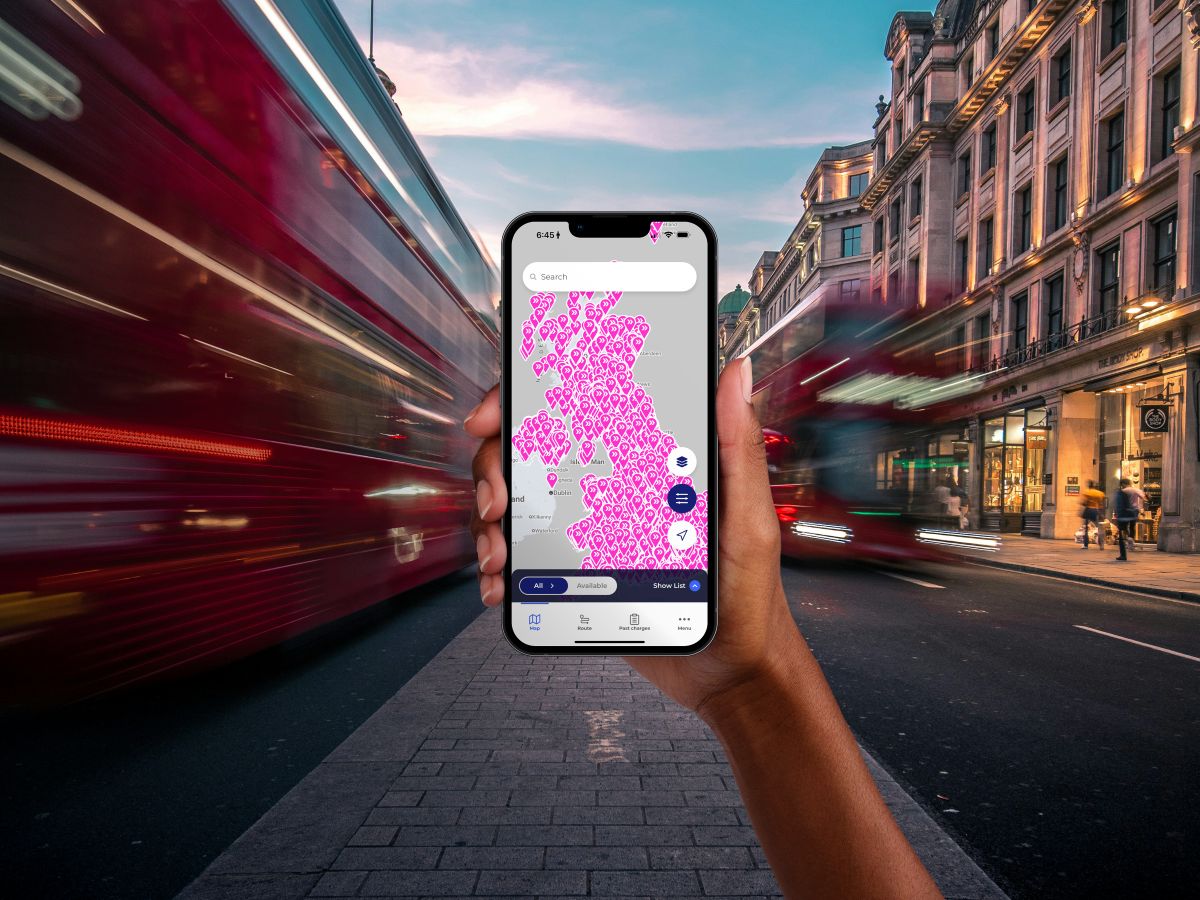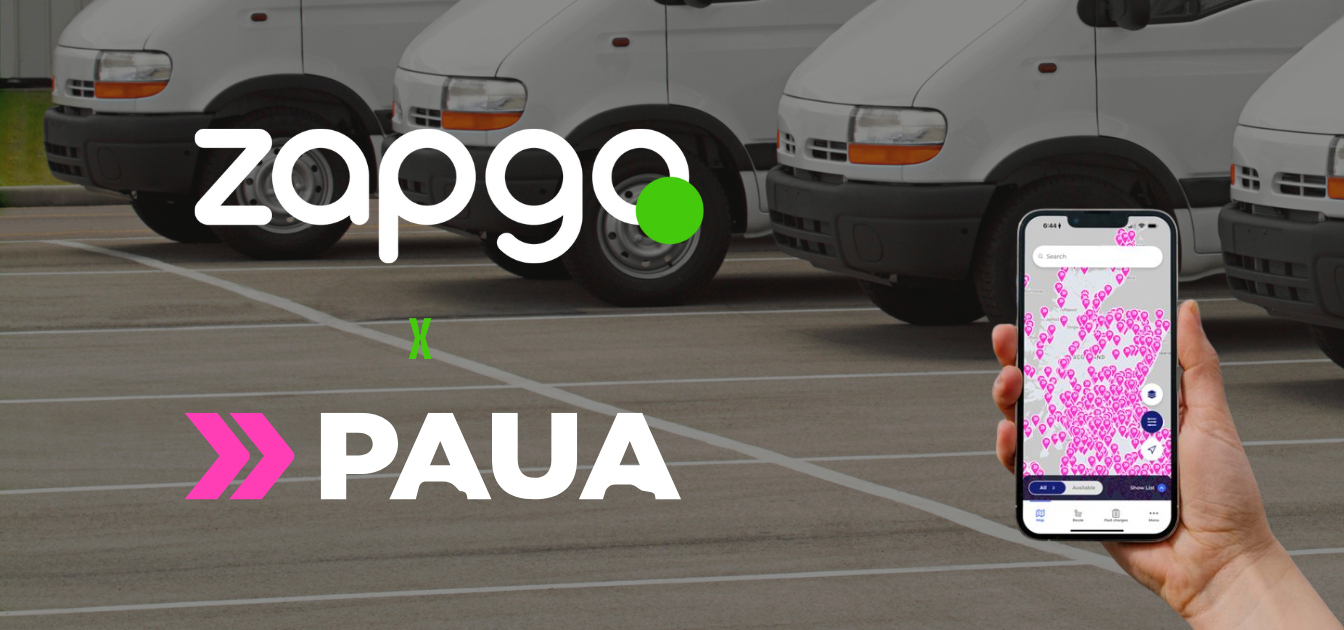TL;DR
EV battery chemistry, particularly lithium-ion cells, is crucial for electric vehicle development, affecting performance, longevity, and recycling. Key materials like cobalt and lithium are under scrutiny for ethical sourcing, while advancements in recycling methods show promise. Understanding battery types and management is vital for EV users.
- Niall Riddell, CEO & Co-founder at Paua speaks to Euan McTurk, battery chemist, about the battery tech in electric cars, alongside co-host Chris Sass.
- Link in blog to full episode
EV battery chemistry - Everything you didn’t know you wanted to know about EVs!
EV battery chemistry has played a critical role in the development of electric vehicles. The lithium-ion cell, developed by John Goodenough, has made EVs practical in the modern world by enabling enough energy to be stored in a small space.
The lithium-ion cell consists of lithium, carbon, silicon, a plastic separator, and a lithium-heavy metal oxide as the positive electrode. The supply chain for materials used in EV batteries, such as lithium and cobalt, has raised concerns, but rare earths are not actually used in lithium-ion cells.
Cobalt and lithium
Cobalt and lithium are the contentious materials in EV batteries, but nickel is also becoming important.
Cobalt has been reduced in motor and EV batteries by about 90% in the past 10-12 years. The majority of Cobalt comes from open cast mines run by mining giants like Glencore. Artisanal mining, done by locals in an attempt to make a living, accounts for a small fraction of Cobalt output and needs to be eradicated.
The Fair Cobalt Alliance, which includes Tesla and LG Chem, is working on improving working conditions and human rights in Cobalt mining.
Cobalt is being phased out of EVs, but more Cobalt is used in petrol and diesel cars.
The manufacturing process for batteries involves multiple steps, such as coating the active material onto metal foils and stacking the electrodes.
The drying stage in the process is energy-intensive. Tesla is developing dry electrode coating technology to improve efficiency and reduce energy costs. The UK has the potential to have a strong battery manufacturing industry but lacks gigafactories.
Cell development pioneers
South Korea had a head start in cell development for electric vehicles, with Japan being the pioneer in lithium-ion cells. Nissan and Panasonic made significant contributions, but LG Chem and SK Innovation have emerged as impressive players.
However, China has now become a leader in cell development, with CATL and BYD being major players.
For consumers, it can be challenging to determine which battery is good, but research and seeking advice from experts can help. Factors such as how batteries are used, managed, and cooled affect their lifespan. Most batteries come with warranties, and having an active thermal management system is crucial for high-mileage drivers and those who frequently rapid charge. In cold temperatures, rapid charging may be affected, but slow charging is not significantly impacted. Preheating the battery is important for optimal charging speed in cold conditions.
Rapid charging of electric vehicles can have an impact on battery degradation, but modern battery management systems and thermal management systems help mitigate this. The charging power and C-rates can vary depending on the vehicle and battery capacity.
It is generally recommended to use slower AC charging when possible, but rapid charging is useful for quick top-ups. Examples of EVs with good battery performance even after constant rapid charging are mentioned.
When EV batteries reach the end of their useful life, it becomes the responsibility of automotive manufacturers to recycle them responsibly. Different recycling techniques, such as pyro metallurgical recycling and organic waste fruit materials, are being explored. Recycling EV batteries is not an immediate concern as the lifespan of modern EV batteries is expected to be at least 300,000 miles.
UK Research
Researchers in the UK have developed a direct recycling method for lithium-ion batteries that has shown promising results in lab studies.
The process involves using ultrasonic delamination in a mild acid bath to remove the active materials from the electrode sheets, leaving behind clean sheets of metal that can be used in new batteries. The recycled material has been found to outperform the original cells.
The aim is to scale up and commercialise this technique, making battery recycling more economically viable, even for low-cost cell chemistries like lithium iron phosphate.
Charging infrastructure and battery technology
The charging infrastructure is not dependent on the type of battery or charger used in an electric vehicle.
The battery's voltage and the car's battery management system determine the charging power. 800-volt batteries are becoming more popular, especially in high-end vehicles. Battery chemistry does not affect charging capability, and lithium-ion cells are robust and can handle high charging speeds.
EVs have a lower risk of catching fire compared to gasoline cars, and EVs give more warning before a potential fire occurs, allowing passengers to escape. New chemistries like lithium iron phosphate and lithium titanate offer even greater safety. In terms of safety and the likelihood of fires, EVs outperform petrol cars.
It is imperative that the UK Government look to encourage a British cell manufacturing sector and should ideally be supporting the construction of a gigafactory in the UK.
A final word on Euan's EV history!
Euan has personal experience with both a Tesla Model S and a Nissan Leaf. He recommends thinking carefully about the importance of considering battery chemistry and charging rates when purchasing an electric car, and expresses a preference for lithium iron phosphate batteries.
As we've shown, you don't need to be a battery chemist to drive and understand EVs, but it certainly helps!
Listen to the full Insiders Guide to Energy EV Series episode here





